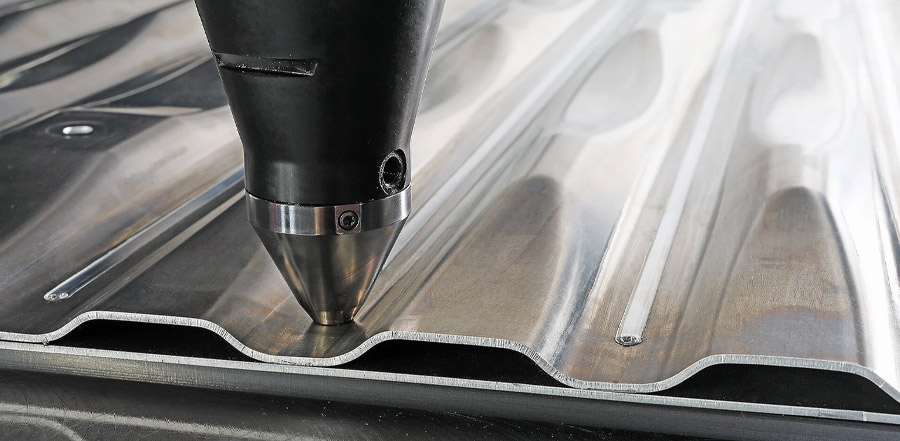
The course is suitable for anyone with an interest or involvement in
friction stir welding,
but is especially relevant to those who will be operating friction stir
welding equipment or
specifying friction stir welding as a fabrication technology.
No prior experience of FSW is necessary for this course, but some
background knowledge of the
process would be useful. TWI’s one-day TWI Foundation Award in FSW
course provides a suitable
overview of the technology.
The TWI Certificate course builds upon the knowledge gained in the TWI
Foundation Award in FSW,
extending this to cover best practices for the FSW of aluminium and
demonstrating the latest
FSW techniques. As well as classroom sessions, this course contains
substantial hands-on,
practical elements using TWI’s range of FSW equipment and is taught at a
level commensurate
with the ISO FSW standard, ISO 25239-3:2011.
Aspects covered include: invention of FSW; advantages and disadvantages
of FSW for welding
light metals, particularly aluminium; applications of FSW; aluminium
welding metallurgy;
types of FSW machine and tooling required for FSW; FSW process control;
materials weldable by FSW;
design implications of FSW; practicalities of FSW (practical session);
visual assessment of
FSW quality (practical session); mechanical testing of FSW (practical
session); defects observed
in FSW and their remediation.
Demonstrations of the latest FSW techniques such as bobbin and SSFSW are
included in the course.
Classroom time is typically three hours per day. In addition, demonstrations of friction stir welding will be provided on a range of FSW applications to showcase the many different capabilities of FSW. A significant portion of the course is spent in TWI’s FSW laboratory, becoming familiar with the practical aspects of friction stir welding. Friction stir welds will be made, inspected, and tested to the level of ISO 25239.